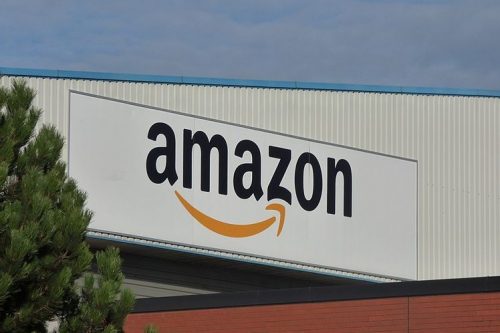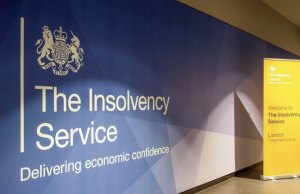Amazon faces tribunal over union vote dispute

A legal battle examining whether Amazon pressured workers to cancel their union memberships is beginning today, with the tech giant potentially facing a £5m payout.
The case follows an attempt to create the first unionised Amazon warehouse in the UK last July, which failed by just 28 votes.
Of the 2,600 staff who voted, 49.5 per cent supported recognition for the GMB union.
Amazon is accused of using “dirty tricks” and breaking employment law during the campaign leading up to the ballot.
Campaigners claim the company supplied QR codes that generated a pre-written email template, enabling workers to cancel their union membership in less than a minute, a process they argue is simpler than unsubscribing from Amazon Prime.
The majority vote would have allowed the GMB Union to formally represent its members on issues such as pay and working conditions.
The union argues that these tactics, alongside other alleged interference, were unlawful and unfairly influenced the outcome of the vote.
Amanda Gearing, GMB senior organiser said: “GMB members at Amazon Coventry were a handful of votes away from winning historic union recognition. But they were up against a multi-billion-pound business that used all the dirty tricks they could to stop these workers from having a voice.
“We believe it was not a fair fight, and Amazon broke employment law. Today is the first step in the fight for justice for low-paid Amazon workers.”
The legal challenge is formally known as an Inducement Claim and will be heard today at the London Central Employment Tribunal.
A spokesperson from Amazon said: “The recognition ballot was overseen by an independent third-party organisation appointed by the CAC (Central Arbitration Committee). The third-party organisation’s report contains no suggestion of any irregularities or unfairness. We are confident that a fair ballot process was followed.
“With an 86% turnout of those eligible to vote, the independent ballot result was a robust articulation of the collective voices of our colleagues at our site in Coventry. As part of the ballot process, the GMB had access to our site and employees; they held group and individual meetings on site with employees and were able to distribute leaflets to employees and communicate GMB messaging onsite using digital screens.”









